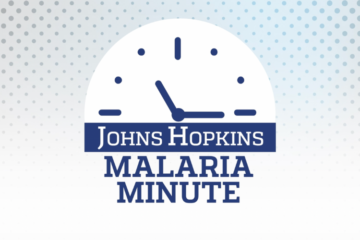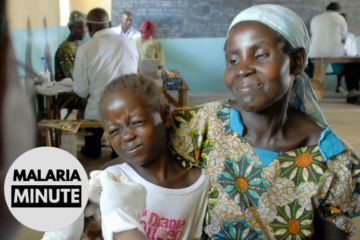The Latest Malaria News, in 60 Seconds.
The global supply chain linked to deforestation leads to an increase in malaria prevalence and scientists identify the mechanism of action of clemastine, an antihistamine that inhibits multiple stages of the malaria parasite’s lifecycle.
Malaria Minute on iTunes and Spotify
Transcript:
Researchers have found that the global supply chain linked to deforestation leads to an increase in malaria prevalence. The study found that up to 20% of the malaria risk caused by deforestation is borne out of the international trade of commodities like coffee, timber, soybean and cocoa. Professor Manfred Lenzen, a senior author of the study, said that we ought to be ‘more mindful of our consumption’ and ‘avoid buying from sources implicated with deforestation’. The problem could be tackled, the report states, through demand-side initiatives, with greater emphasis on product labelling and certification.
And scientists have identified the mechanism of action of clemastine, an antihistamine that inhibits multiple stages of the malaria parasite’s lifecycle. The drug binds to and destabilises a protein called TCP-1 which is required for novel cytoskeletal protein folding. This is significant as it reduces the number of TCP-1 proteins across the parasite thus reducing its survival.
Sources:
Image Credits: Wikimedia Commons
Scientific Advisor: Katharine Collins, Radboud University Medical Centre


